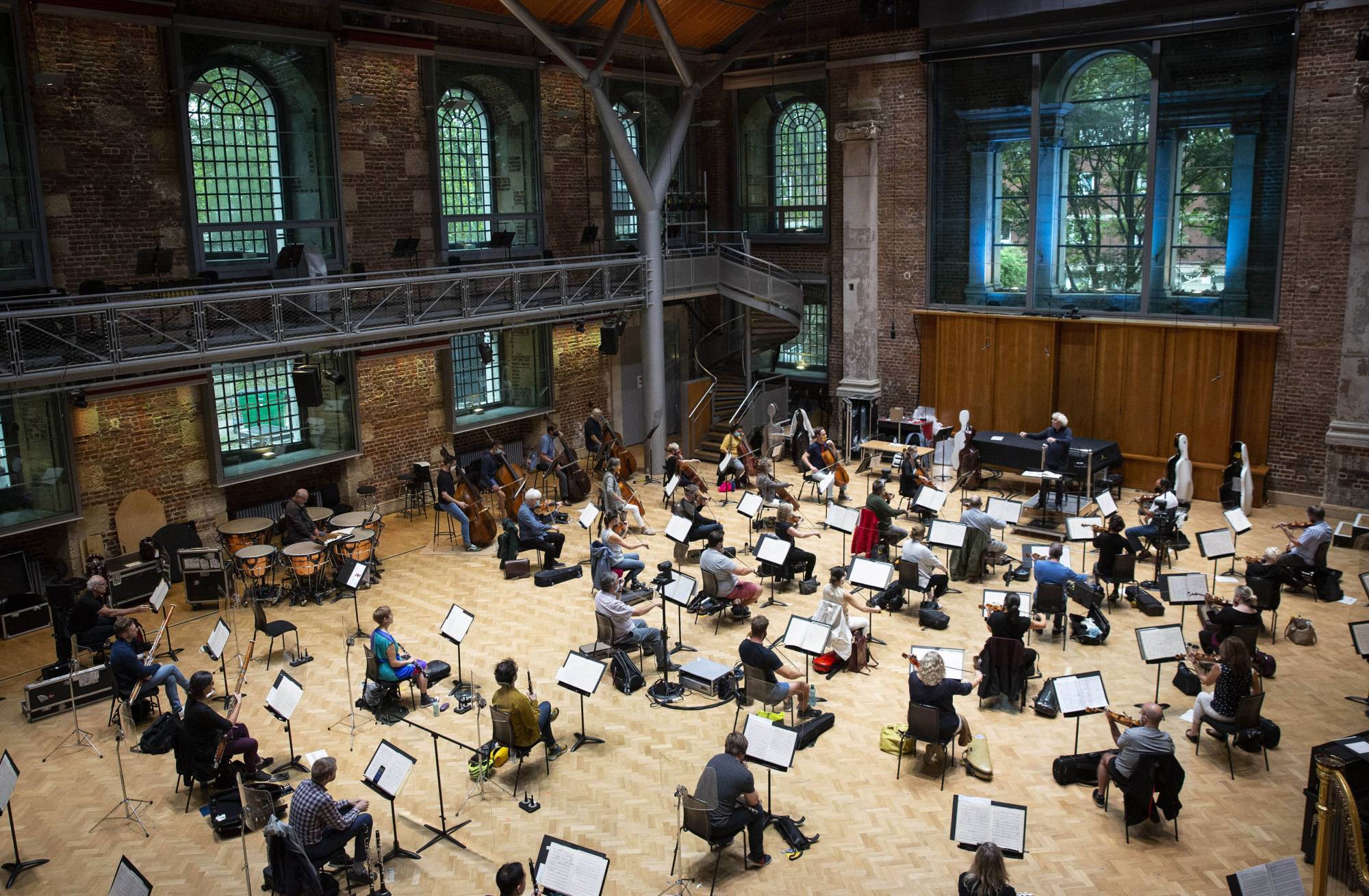In 1960, the Nobel laureate economist Ronald H. Coase introduced the “problem of social cost”: Human activities often have negative externalities, so individual rights cannot be absolute. Institutions must intervene. There is no better example of this dynamic than the COVID-19 crisis.
While virtually every country has suffered as a result of the pandemic, some have done much better than others. Whereas some have reduced COVID-19 cases to near zero, others have had steadily climbing infection and death rates for months. As McKinsey & Co. has noted, economic activity associated with discretionary mobility has returned to normal for the former group. Among the latter, such activity remains about 40 percent below the pre-pandemic level.
Not everyone is suffering equally. Low-paid workers with inferior access to medical care and less opportunity to stay home — say, because their jobs are classified as “essential” — are bearing the clinical and economic brunt of the crisis.


















With your current subscription plan you can comment on stories. However, before writing your first comment, please create a display name in the Profile section of your subscriber account page.